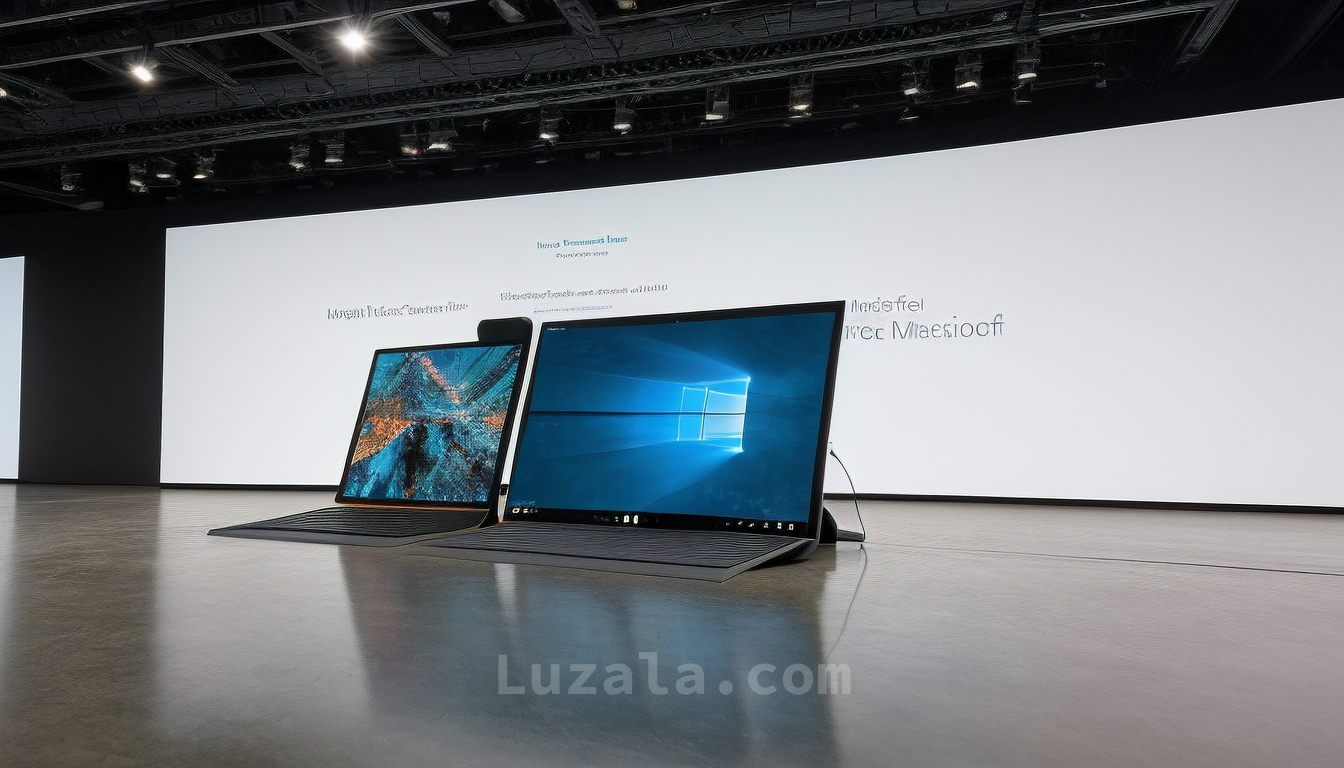Amazon's Alexa Transforms into a 'Super Agent' with Cutting-Edge Language Model
Amazons Alexa, now a "super agent" with a powerful language model, offers seamless real-world assistance, integration with personal context, and a commitment to data privacy.
Amazon's Alexa Enters a New Era as a "Super Agent" Powered by a Massive Language Model
In a recent interview with VentureBeat, Rohit Prasad, the generative AI leader at Amazon, discussed the groundbreaking advancements in Amazon's Alexa device. According to Prasad, Alexa has now evolved into a "super agent" thanks to its integration with a powerful Large Language Model (LLM). This development signifies a significant milestone in Amazon's journey to create a personal AI that seamlessly connects with users and performs real-world tasks.
Prasad, who joined Amazon in 2014 as the director of machine learning for Alexa and currently serves as the Senior Vice President and Chief Scientist for Artificial General Intelligence, shared his insights during the interview at Amazon's new second headquarters in Arlington, Virginia.
One of the key highlights of this latest iteration of Alexa is its integration with "thousands and thousands" of devices and services. Prasad emphasized that the model now boasts connectivity to an extensive range of APIs, ensuring that Alexa is continuously grounded in real-time knowledge, making it more useful and directly connected to users.
This monumental release represents a significant leap forward for Amazon in the AI field. Prasad likened it to the momentous occasion when Alexa was first introduced in 2014. However, he reiterated Amazon's long-standing goal, articulated by Dave Limp, the company's devices chief, to create a personal AI capable of natural interaction and performing a wide array of tasks on behalf of users.
Prasad pointed out a crucial distinction between Amazon's approach and the broader excitement surrounding generative AI. While the enthusiasm for generative AI is commendable, Amazon's vision for conversational dominance is distinct from that of chatbots like OpenAI's ChatGPT or Anthropic's Claude. Prasad emphasized that Alexa is not merely a chatbot confined to a browser but a versatile tool that can execute practical tasks in the real world.
He further explained that this multimodal, multilingual, and multifaceted model is exceptionally complex, encompassing computer vision, natural language processing, and pattern recognition. However, Amazon has strived to simplify this complexity, ensuring that both users and developers can easily harness its capabilities.
In recent years, Amazon's Alexa has faced criticism for its perceived lack of usefulness, with even Microsoft CEO Satya Nadella describing AI assistants like Alexa as "dumb as a rock." Prasad firmly refuted this characterization, highlighting that Alexa boasts hundreds of millions of users and over half a billion devices sold, with interactions growing by 30%. Prasad's perspective as a technologist with deep knowledge of large language models underscores the significant difference between tools like ChatGPT and devices like Alexa. Alexa doesn't just provide information; it performs tangible actions in the real world.
To enhance Alexa's utility in homes, Amazon integrates personal context into its capabilities. Prasad described how understanding user preferences, such as music preferences, viewing habits, or dietary choices, empowers Alexa to provide more tailored and intelligent responses. For example, if a user tells Alexa, "it's hot in here," the device's integration with personal context allows it to adjust the thermostat, going beyond generating responses to taking practical actions.
Addressing concerns about data privacy, Prasad underscored the paramount importance of trust. He stated that individuals wouldn't invite an AI into their homes if they didn't trust it. Amazon remains committed to transparency and obtaining customer consent for data collection. Prasad emphasized that Amazon has been forthcoming about what data is collected and allows users to review and adjust their privacy settings in a transparent and user-friendly manner.
While Prasad is excited about the more human-like and seamless capabilities of Alexa, he is equally adamant about reminding users that Alexa is, at its core, an AI. He believes that it's essential for people not to forget this fact, as it keeps the relationship between users and Alexa transparent and maintains a clear understanding of the technology's capabilities.
In conclusion, Amazon's Alexa has entered a new era as a "super agent" powered by a massive language model. This transformation represents a significant step toward Amazon's vision of creating a personal AI that seamlessly integrates into users' lives, performing real-world tasks and providing tailored, intelligent responses. Amidst the excitement surrounding generative AI, Amazon's approach sets it apart by focusing on practical utility and real-world applications, making Alexa a valuable and indispensable companion in users' daily lives.















Comments